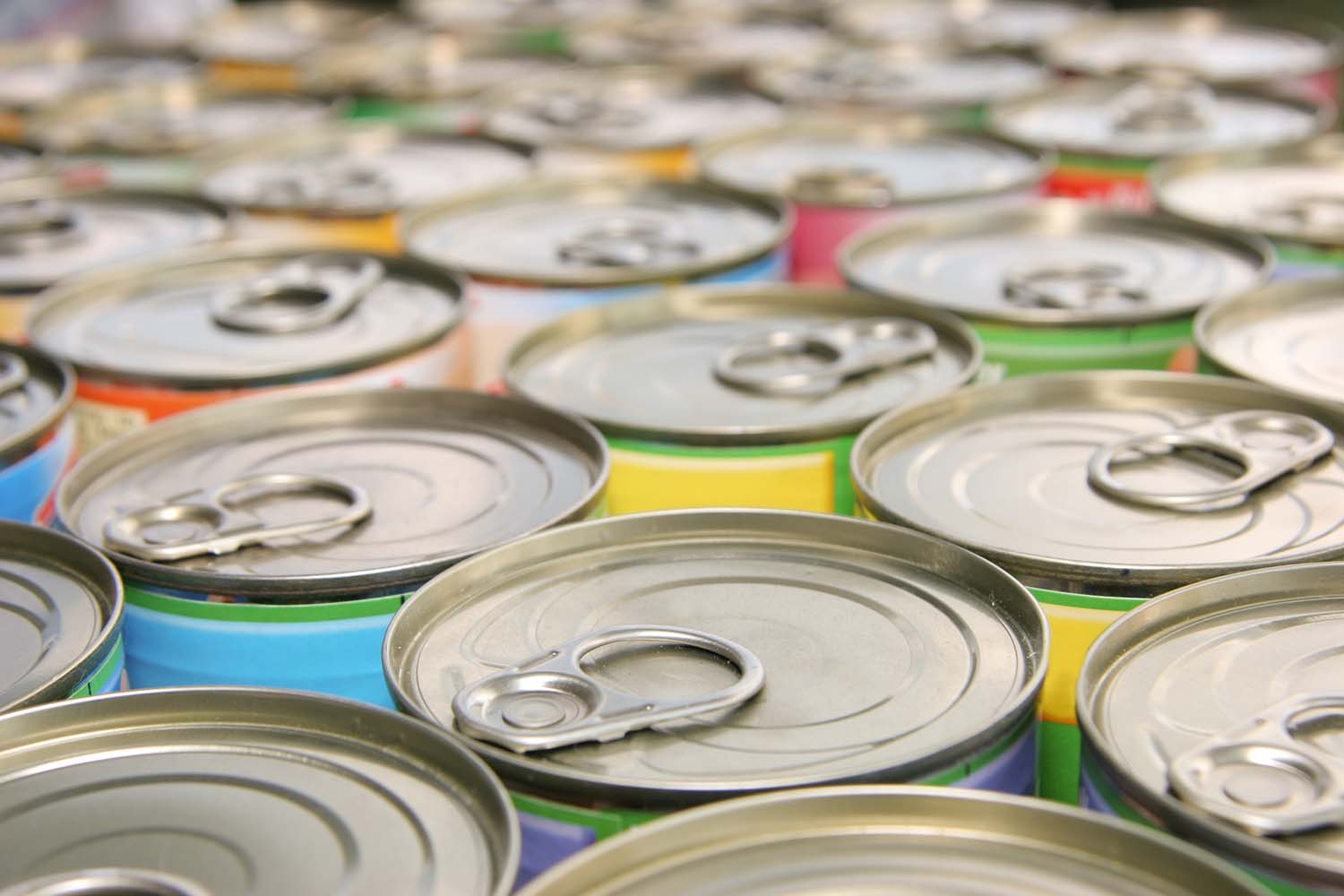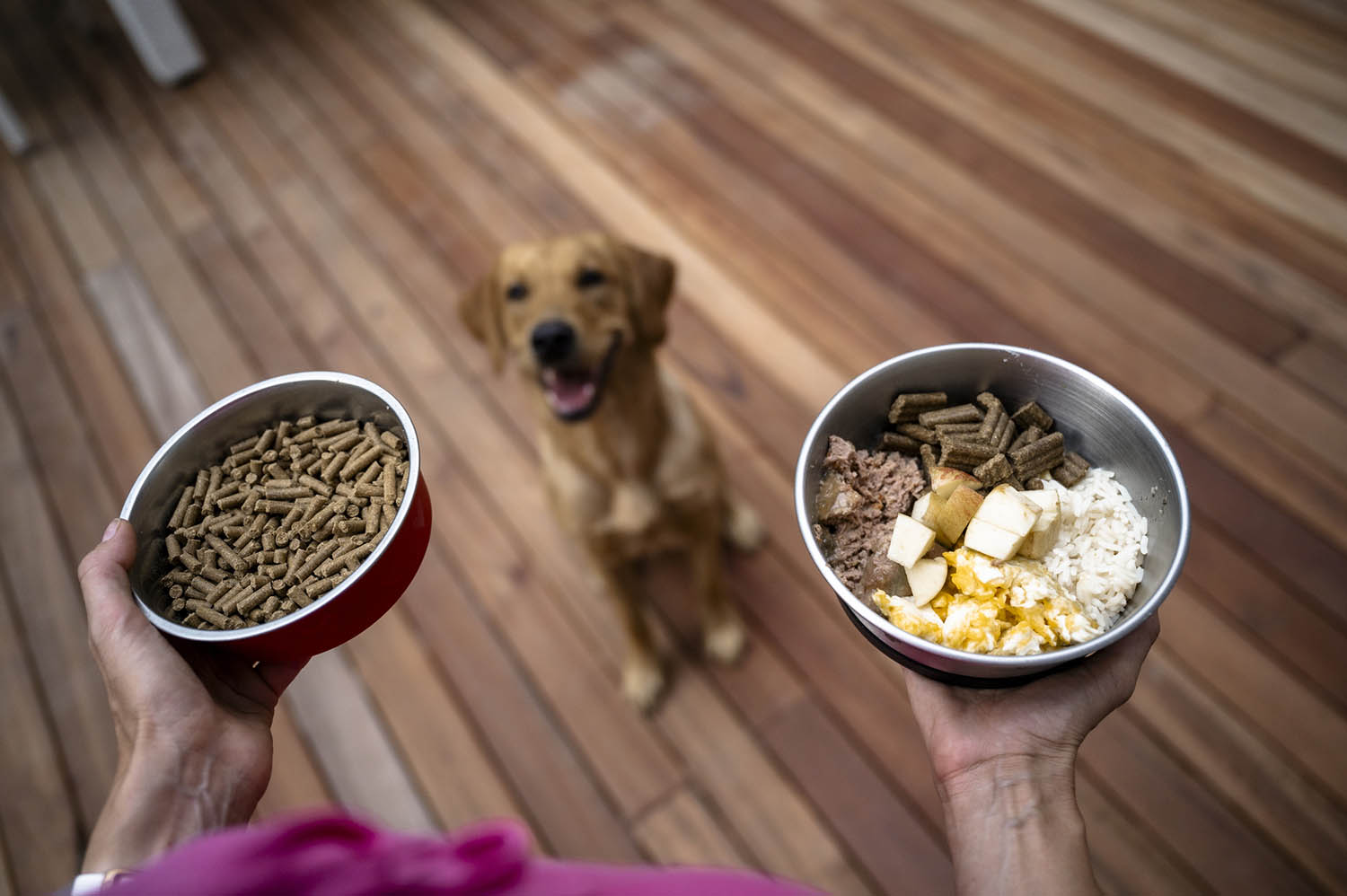By Atalie Ebersole, Senior Director of Government Relations
Working in the pet food space this year, I’ve engaged in several challenges on behalf of our member companies. Pet food makers have experienced numerous supply chain issues that caused chaos in shipping and sourcing materials. On top of that are challenges often imposed by the federal government such as tariffs.
Tariffs recently imposed on tin plate steel are a serious concern for the pet food industry. The U.S. International Trade Commission (ITC) has scheduled a January 4, 2024 hearing to consider arguments in the final phase of the antidumping duty investigation (Inv. Nos. 701-TA-685 and 731-TA-1599-1606) of tin mill products from Canada, China, Germany, the Netherlands, South Korea, Taiwan, Turkey and the United Kingdom.
Earlier this week, the Pet Food Institute (PFI) joined the Consumer Brands Association’s efforts to stop the baseless tariffs on tin mill products by providing impactful information for a pre-hearing brief filed with the ITC. PFI was encouraged to see that a group of bipartisan members of Congress are also urging the ITC and the U.S. Department of Commerce to reject the tariffs being considered against several of our nation’s best trading partners.
The pet food industry supports a strong domestic steel manufacturing industry and U.S. pet food makers would prefer to buy domestically produced tinplate steel. However, due to the reduced availability and quality of tin mill products from the domestic steel industry, U.S. can manufacturers have been forced to rely more heavily on tinplate from other countries to prevent food safety issues.
What is tinplate steel?
Tinplate steel is used to produce cans for food packaging and other household products. Approximately 25.1 billion cans are produced each year, of which more than 83% are cans for human and pet food.
Why does the U.S. import so much tinplate steel?
The U.S. no longer manufactures a sufficient supply of tinplate steel to meet the demand, so it must be imported from other countries. It is estimated that in 2022, 62% of tinplate steel was imported, while only 2% of U.S. steel production was dedicated to tinplate steel.
According to industry reports, U.S. steel manufacturers have not made sufficient capital investments in recent years to increase domestic tinplate production and do not have plans to given how burdensome and time-consuming tinplate processing can be. Can makers require a specific mix of thicknesses and widths to produce the variety of cans required for the diverse food market; specifically, drawn and ironed (DWI), laminated steel, and easy peel ring materials. Some of these specifications of tinplate are not produced in the United States.
Why does PFI care about the tinplate steel issue?
U.S. pet food makers use approximately seven billion metal food cans a year. These cans represent a significant opportunity for pet food makers as they consider high-impact, achievable, and sustainable packaging efforts. Some research suggests this demand may have grown as shoppers changed their pet’s feeding routines during the COVID-19 pandemic, including increased use of wet pet food. According to a recent American Pet Products Association survey, 32% of pet owners said they cannot afford to spend more on their pet than they are currently spending.
PFI believes the integrity and quality of pet food can never be compromised. Canned pet food requires the best quality tinplate steel, which is critical to prevent food safety issues, such as discoloration or spoiled food due to pinholes, leaks, rust, or corrosion. Steel must be able to withstand the pressure of the manufacturing process. Insufficient steel strength often leads to dents, dings, or deformations. Inferior quality can also cause bulging, cracking, or splitting.
What has happened in the case this year?
On Aug. 17, the U.S. Department of Commerce announced the preliminary duties for tinplate steel from China will be set at about 122%, 7% for Germany and approximately 5% for Canada. No preliminary duties were imposed on tin mill products imported from the other five nations involved in the anti-dumping investigation — the United Kingdom, the Netherlands, South Korea, Taiwan, and Turkey. PFI was encouraged by the agency’s announcement, as we believe there is no merit to the original dumping claims made by the petitioner, U.S. steelmaker Cleveland-Cliffs.
What’s next?
As mentioned, the ITC will hold a hearing on January 4 to hear final arguments from both sides in this case with their final decision being announced in early February. Also on the same day, we are expecting the Commerce Department to issue their final rates for tariffs on the 8 countries. Stay tuned for an update early next year.
About PFI and our members
PFI’s member companies manufacture pet food in 35 states, employ over 34,500 people and generate nearly 400,000 jobs in associated industries. U.S. pet food makers produce more than 9.8 million tons of food a year.



